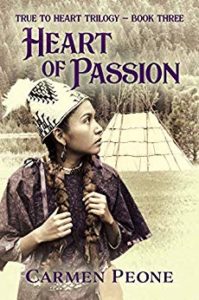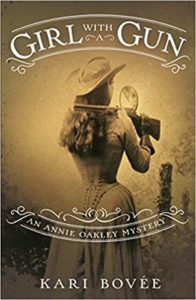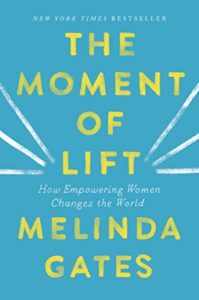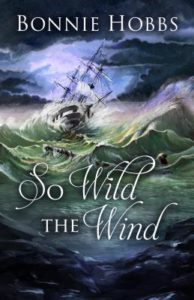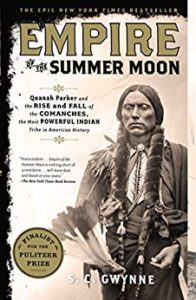Katie Couric, award-winning journalist and TV personality, has compiled a fascinating collection of insights from well-known personalities, The Best Advice I Ever Got: Lessons from Extraordinary Lives. Some of the contributors were well-known to me, many others important people with whom I might have been somewhat familiar, and many totally unknown to me, but whose enriching words I could appreciate.
Couric tells her own story, her childhood, the tragedy of her husband’s death and how she gathered the strength to carry on, and her victory in being the first female anchor of the CBS Evening News. Sandwiched between more than one hundred gems of wisdom written by others, Couric adds little sections of inspiration.
Many memorable quotes are shared. Among my favorites is one from John Wayne:
“Courage is being scared to death but saddling up anyway.” Here’s another, this from Franklin D. Roosevelt: “When you come to the end of your rope, tie a knot and hang on.”
In this amazing book we learn how some of the greats got that way. It’s about hanging on, having faith in yourself, not giving up, and following your passions. From well-known personalities—actors, CEO’s, television personalities, directors, elected presidents, writers, chefs, comedians, athletes, musicians—we learn the value in having goals and working to achieve them. We learn to do what’s right, not what’s easy.
The Best Advice I Ever Got is a delightful book, empowering, and moving. What may seem impossible becomes possible through hard work, dedication, loving what you’re doing, and following through no matter what. As Morgan Freeman says, “You quit, you fail.” I highly recommend this book for yourself, or possibly as a gift to someone who is struggling to achieve a seemingly impossible dream.





